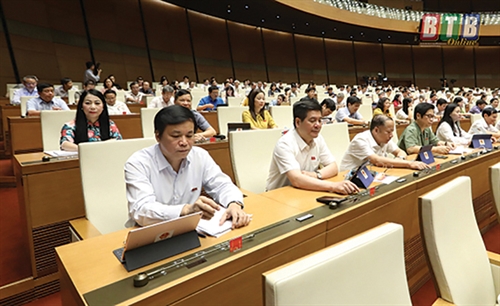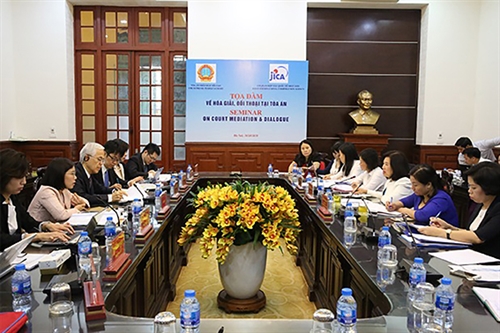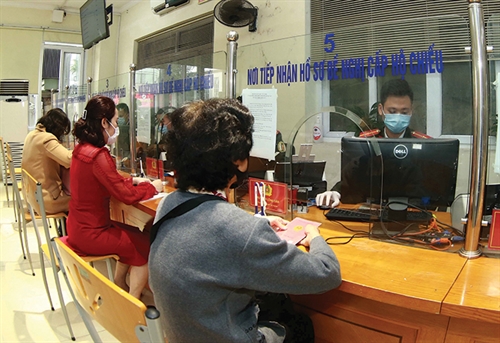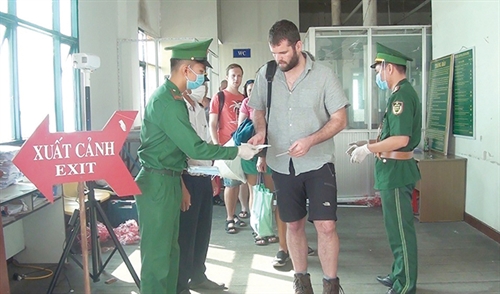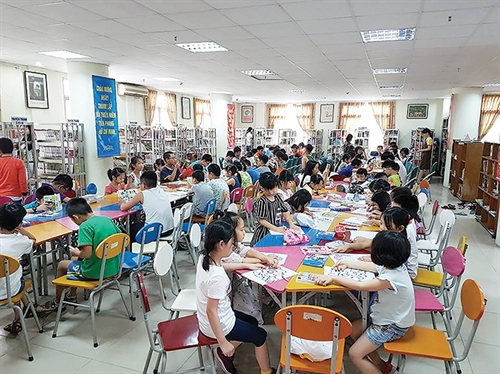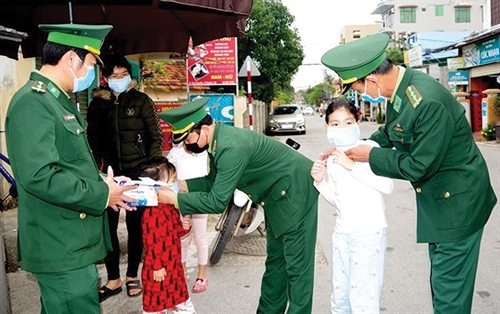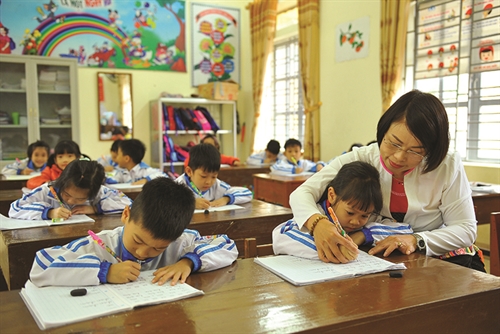The 2020 Law on Residence (the Law) provides the exercise of the right to freedom of residence of Vietnamese citizens in Vietnam’s territory and residence registration and management.
Consisting of 38 articles arranged in seven chapters, the Law will supersede its 2006 predecessor with revisions made in 2013.
The right to freedom of residence of citizens
The Law has institutionalized the 2013 Constitution regarding citizens’ right to free residence in the country. It clearly stipulates the exercise of the right to freedom of residence of citizens in Vietnam’s territory in order to distinguish it from the residence of foreign nationals and stateless persons in the territory of Vietnam that is regulated by the Law on Foreigners’ Entry in, Exit from, Transit through and Residence in Vietnam.
Citizens may exercise their right to freedom of residence in accordance with the Law and other relevant laws and this right is guaranteed under the State’s harmonious policies and measures.
Article 4 of the Law says that the exercise of the right to freedom of residence of citizens will only be restricted for:
(i) Persons who are banned from leaving their places of residence or held in custody or detained as a measure applied by competent proceeding-conducting bodies or persons; persons sentenced to imprisonment against whom judgment execution decisions have not yet been issued or against whom judgment execution decisions have been issued but who are entitled to bail or postponement or suspension of the serving of such sentence; persons sentenced to imprisonment and entitled to suspended sentence and being in the probation period; persons currently serving imprisonment sentences or subject to residence ban, probation or non-custodial reform; or persons entitled to conditional early release and being in the probation period;
(ii) Persons who are currently serving the measure of education in communes, wards or townships, or consignment to compulsory education institutions, compulsory drug rehabilitation centers or reformatories; persons subject to the measure of consignment to compulsory education institutions, compulsory drug rehabilitation centers or reformatories but entitled to postponement or suspension of the serving of such measure; or persons under management pending completion of procedures for consideration and decision on the application of the measure of consignment to compulsory education institutions, compulsory drug rehabilitation centers or reformatories;
(iii) Persons who are isolated due to danger of epidemic communication to the community;
(iv) Places or areas that are isolated for epidemic prevention and control under decisions of competent agencies or persons; localities in state of emergency in accordance with law; or places ineligible for new registration of permanent residence or temporary residence or household splitting in accordance with the Law; and,
(v) Other cases as specified by law.
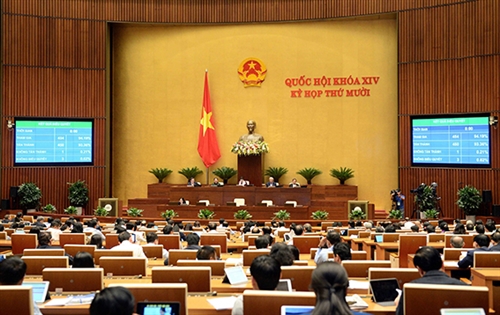 |
| A plenary meeting of the 14th National Assembly during its 10th session__Photo: Doan Tan/VNA |
Residence database
The Law replaces the manual method of residence management by household registration books and temporary residence books with electronic residence management with the application of information technology.
The residence database will be developed to serve the state management of residence. It will be connected to the national population database and other relevant databases.
Residence information must be updated to the national population database and the residence database. At a time, every citizen may have only one place of permanent residence and possibly one more place of temporary residence. This principle is set out in the Law.
Citizens have their private information and information on their households kept confidential in the residence database, unless they provide such information in accordance with law. They may exploit information on their residence from the national population database, and have their residence information certified by residence registration offices nationwide, regardless of their places of residence, when they so request.
All accesses to the residence database for modifying residence information of citizens must be approved by heads of residence registration offices or other competent agencies. It is prohibited to illegally provide, exchange, copy and print information and documents from the residence database.
With the modern management method, residence-related procedures and paperwork are simplified. Noticeably, the time limit for carrying out residence registration is reduced to seven days from the current 15 days.
From July 1, 2021, the effective date of the Law, granted household registration books and temporary residence books may continue to be used as residence certification papers and documents in accordance with the Law through December 31, 2022. If information in such books is different from that in the residence database, the latter will prevail. When citizens carry out procedures for residence registration or declaration, leading to a change in information in the above books, residence registration offices will revoke such books and modify and update information in the residence database but not re-grant them.-

